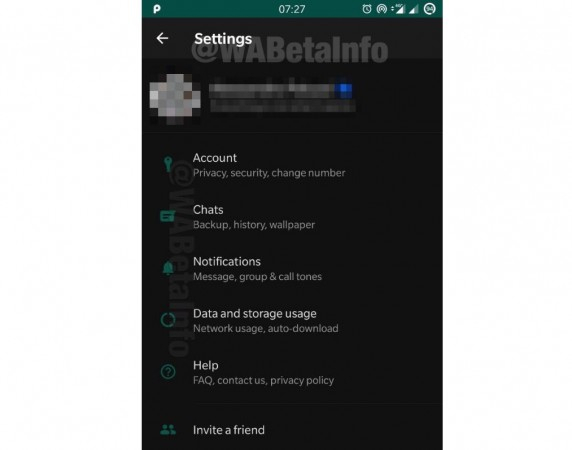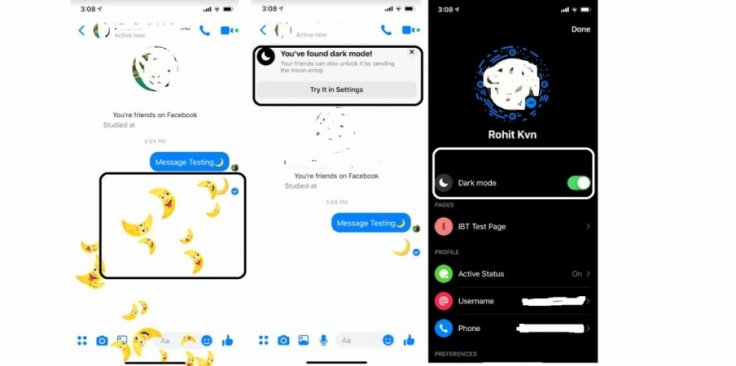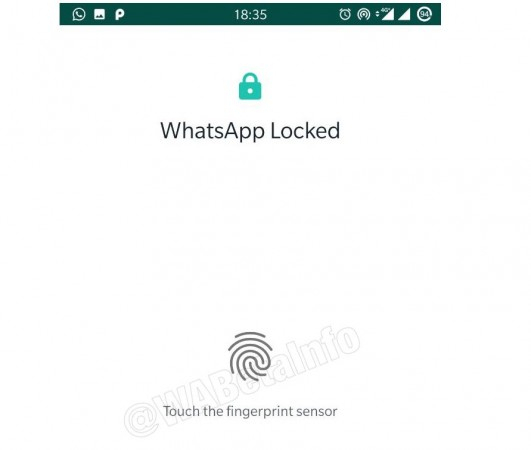WhatsApp is one of the most popular messenger apps on both Apple iOS and Google Android ecosystems and one of the primary reason for being the crowd favourite is that how convenient it is for users to text and share multimedia content and also several value-added features on WhatsApp. Now, Facebook-owned company is testing a new type of interface that will surely get the users excited.
WhatsApp has submitted a new update v2.19.82 to the Google Play Beta Program and it has new 'Dark Mode' feature that dims the background to black, reported community blog WABetaInfo.
It can be noted that colour of the WhatsApp interface background might vary with the type of display panel of the device, as reports are coming in that the dark mode will turn black on OLED screens and dark greyish on the LCD screen.

Nevertheless, it has two big benefits for smartphone users, as it will enhance the visual appeal of the WhatsApp interface. Having used the dark mode on Facebook Messenger, I have to say the colourful images, emojis shared look gorgeous in the black background.

Secondly and most importantly, the dark mode drastically reduces the battery draining and make the phone last longer before it needs charging by the end of the day.
As of now, there is no word on when the dark mode will arrive in WhatsApp, but it has to be noted the company has been reportedly testing this feature quite some time and is likely to come before the end of April 2019.
In a related development, WhatsApp is also testing biometric authentication for Android phones. It has already made it available in iPhones and iPads and now, the Facebook-owned company will soon bring it to Google's mobile platform, which by the way has more users compared to the iOS ecosystem.

WhatsApp for Android beta update v2.19.83, which was recently submitted to GooglePlay platform is said to have fingerprint validation feature for users to lock/unlock WhatsApp chat on mobile phones. However, there is no word whether face unlocks will be allowed to make of use of the feature, as most of the Android phones have low-quality camera and no special IR sensor for 3D face authentication we see in iPhone X and later versions.









